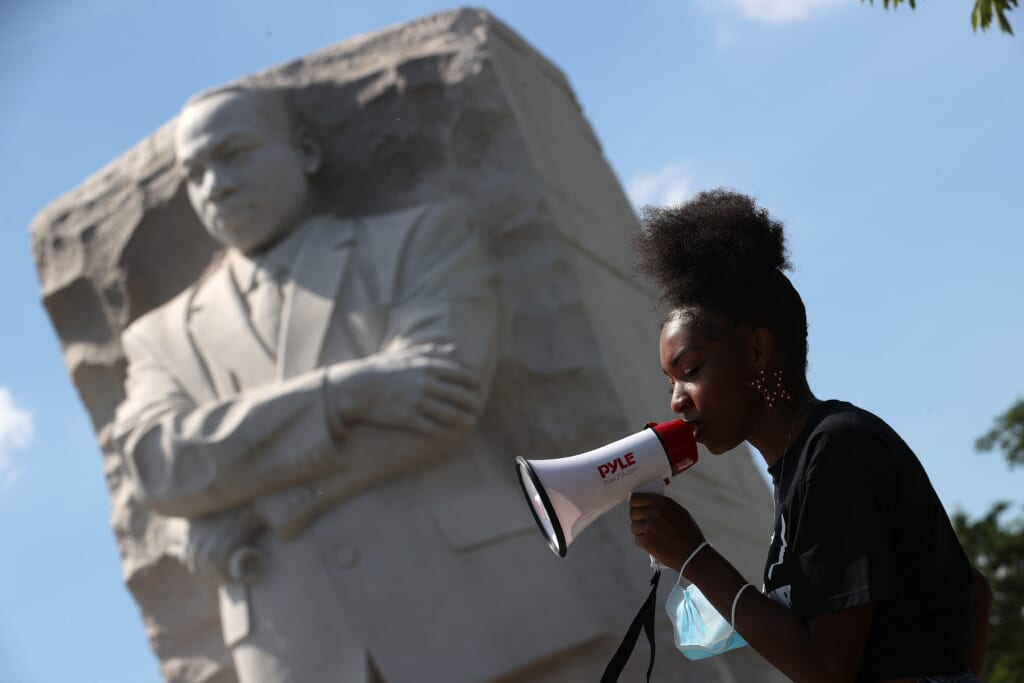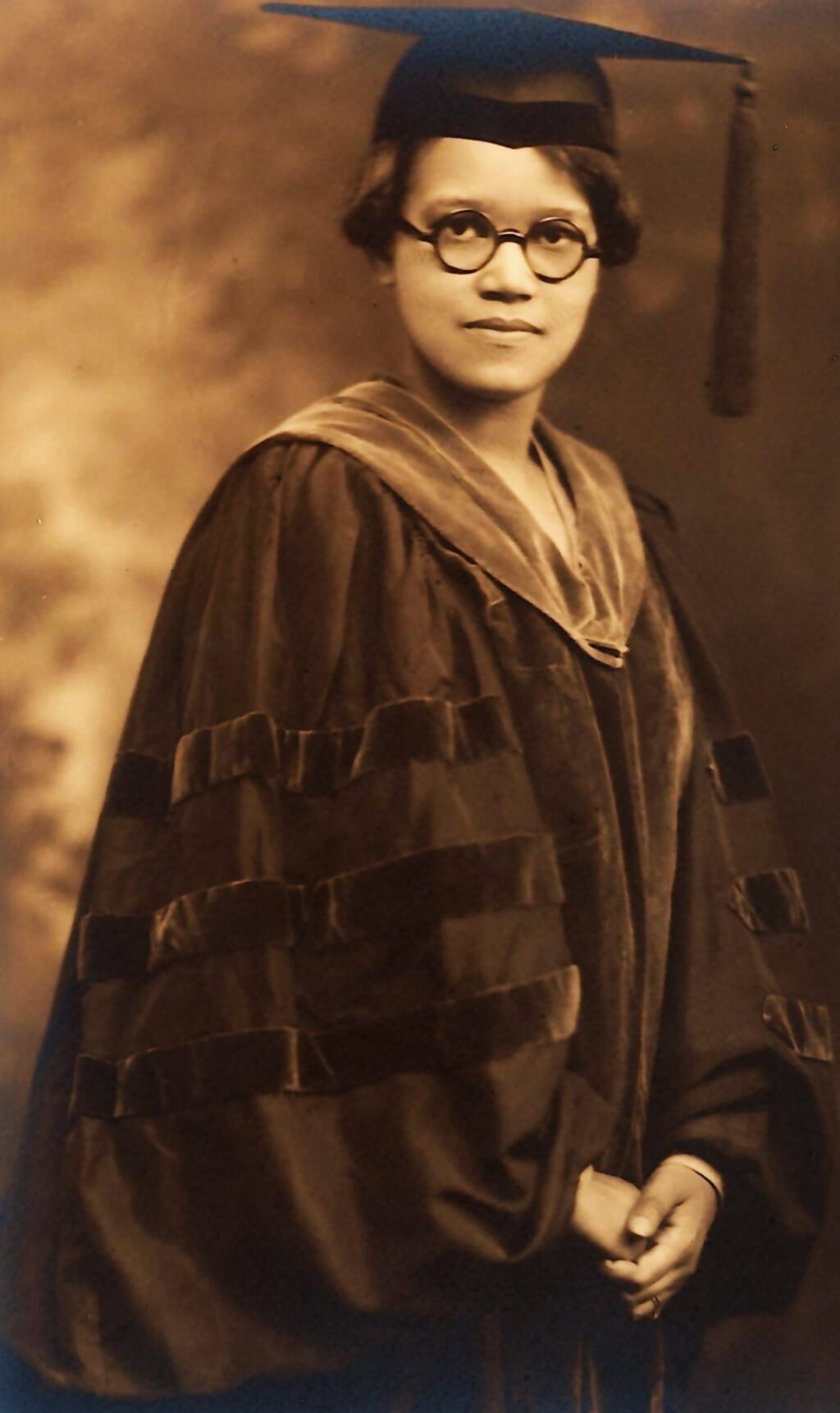Economist wants to assign value to Black women’s overlooked community work
Dr. Nina Banks, president of the National Economic Association, believes the work and community activism by Black women deserves another look.
According to Dr. Nina Banks, the new president of the National Economic Association, the community work carried out by Black women and other women who belong to marginalized communities has been historically overlooked and uncounted.
Read More: Coalition of prominent Black women join Maya Wiley’s campaign for NYC mayor
The New York Times reports that Dr. Banks, an associate professor of economics at Bucknell University, aims to establish economic value to activism by Black women.
An article published in December by the professor titled “Black Women in the United States and Unpaid Collective Work: Theorizing the Community as a Site of Production” researched and presented the history of the unpaid labor mostly committed by Black women. In her argument, she says organizing activity was improperly established as political work when it should be recognized as labor.

“Not only are we doing paid work for our communities and unpaid work in our households,” Dr. Banks said, according to the Times. “We are also doing a third layer of community work — we’re exhausted.”
Recognizing this collective activism as work reveals the extra burden Black and brown women are under, she said.
Dr. Banks has long advocated in academia and beyond for properly attributing Black women’s contributions to the economy. She recalled when she was the only Black student at Hood College in Maryland and a professor explained white men are simply more productive.
“I was so startled and hurt by what he was saying, and I knew it wasn’t true,” Dr. Banks said to the Times. “But I didn’t have the tools to be able to confront him.”
Her work includes research documenting the Atlanta Neighborhood Union founded and led by Black women in 1908 to survey the needs of their community. That resulted in the Women’s Political Council in Montgomery, Alabama, which worked on voter registration and political protests, including the Montgomery bus boycott.
She also highlights a group of Black women in Los Angeles who came together in 1985 to stop a toxic waste incinerator from being built in the neighborhood. The group, Concerned Citizens of South Central Los Angeles, still exists and works to provide affordable housing, youth programs, and more.
According to Fortune, as of 2017, only 3.2% of doctoral degrees in economics are awarded to Black people each year. The outlet reported, “more than 52% of Black economists experience racism and/or discrimination, according to a 2019 report by the American Economic Association, and less than half of 1% of all top economics papers across a 30-year period explicitly address race/ethnicity.”
The New York Times reported that Dr. Banks will publish a book on the life and work of Dr. Sadie T.M. Alexander, the first Black woman to receive a doctoral degree in economics in 1921. Alexander also became the first Black woman to be admitted to the Pennsylvania Bar after pivoting to legal work when she was denied opportunities as an educator.

Read More: Attacks on Black women leadership should stay in 2020. Starting with Secretary-designate Fudge
The NEA was founded in 1969 as the Caucus of Black Economists “to promote the professional lives of minorities within the profession,” according to the official website. The group commemorated the 100th anniversary of Alexander earning her doctorate with a weekend conference at the beginning of the year.
Have you subscribed to theGrio’s new podcast “Dear Culture”? Download our newest episodes now!
TheGrio is now on Apple TV, Amazon Fire, and Roku. Download theGrio today!
